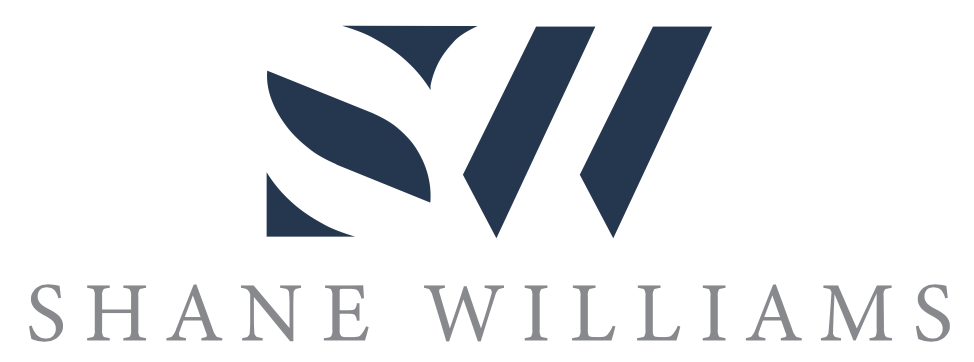The organisation of the future is asynchronous
“We can’t wait to get back to the office, we all have zoom fatigue”
If this resonates then don’t fret. I speak to a lot of execs and even those in some well-known digital first businesses are saying he same thing.
Let me guess. Your day is full of meetings and interruptions and you’re working after hours to get stuff done. Management likely has increasing anxiety about productivity. That’s exhausting!
So what is the root cause?
I think it’s because it’s been accepted that we’ll be ‘remote’ for a while but all that’s been achieved is to move office practices virtual. The traditional office revolves around synchronous interactions and that’s not sustainable or smart in a distributed workplace (I’d posture it’s not smart for any workplace of the future but that’s for another blog). Thus, attempting to sustain office practices virtually is causing the exhaustion.
“We cannot solve our problems with the same thinking we used when we created them”
Your options? Just go back to the office or, if you’ve ambitions to exist in the next decade, become remote first.
You’ll know you’re becoming remote first when asynchronous processes replace most meetings. Synchronous interaction is reserved for when it adds value rather than being the default. You’ll lose the fatigue and exponentially increase performance and engagement.
What does that mean practically?
Written communication becomes critical for success and real-time meetings are reserved for when they add value because they’re about coming together not simply replicating the office. You will have agendas and pre/post work that will be clearly documented and asynchronously delivered.
You’ll be measuring not just results but the behaviours that get them.
You care more about the quality and timeliness of results than the time of day or where they were produced.
Everyone from the most vocal to the most introverted contributes equally.
You invest in training and coaching and see retention go up.
Decisions are appropriately and deliberately delegated.
Trust becomes the glue that binds the operation together.
Things happen, results get delivered, your teams are rested and engaged, and you no longer have zoom fatigue.
I’m not suggesting there isn’t a place for the office or implying the future of work is ‘remote only’; but I believe the advantages a remote-first culture that enables tapping a talent market that extends across geographies with highly engaged and productive employees who have autonomy is simply smart business.
This isn’t an overnight journey. Some organisations take years to transform to remote first and it takes deliberate action to transform starting with leadership.
Are you brave enough to transform your leadership and your business to exist in the next normal or will you just weather the zoom fatigue for now and wear the consequences later?
